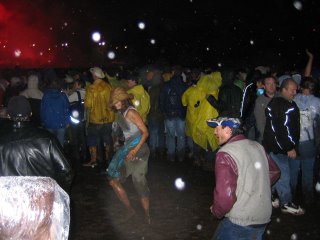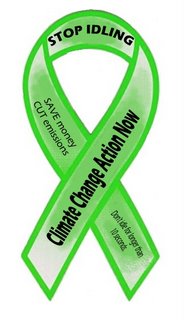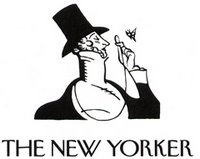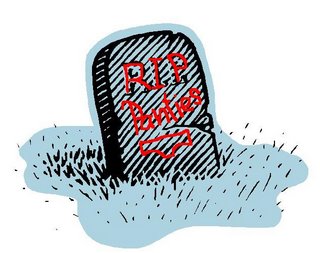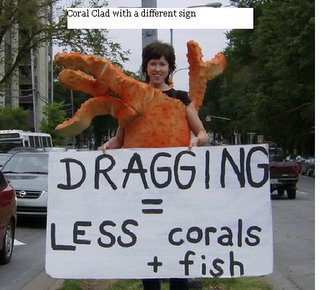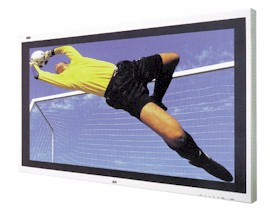 In the '70s, it was Alice Cooper’s “Schoooooool’s out for ever!”
In the '70s, it was Alice Cooper’s “Schoooooool’s out for ever!”
Today, it's: “Schoooooool’s in for ever!”
And I sing it with all the Cooperian, greasy-faced, biting-the-head-off-a-chicken commitment that Gothfather Alice gave it.
“No more free-time,
No more sun screen,
No more mother’s dirty looks!” Huh? How did that happen?
Here's how. I merrily dropped off Human Gene Projects #1 and #2 this morning for the first day of school. Had to work the face muscles pretty hard to suppress the grin as I bid them farewell, but bid them farewell I did.
Then I merrily skipped home and merrily poured a stiff drink which I merrily didn't drink because the gin-before-9am routine always makes me ill. Never mind, the gin will get drunk.
“School’s in for winter
School’s in til summer
School holidays’ve been blown to pieces!”
Such, such, is the joy of this day. There is an air of peace and tranquility, as though a ceasefire has just been declared.
“In for winter
In till summer
We might not let them out at all.”
I tried not to leap about the house and break into song. I needed to settle down for a morning of typing, but joy is a such difficult emotion to suppress.
“Schools in for ever
School’s in for winter
School’s in with fever
School’s in completely.”
But there will be time for typing tomorrow and the next day and the next. Why? Because Schoool's in for ever!
Yeaaaaaaaaah!
 There are times when the typist, even the gifted one, grows weary of the Qwerty keyboard and takes a camera into the countryside to see what the morning dew has done to the landscape.
There are times when the typist, even the gifted one, grows weary of the Qwerty keyboard and takes a camera into the countryside to see what the morning dew has done to the landscape.









